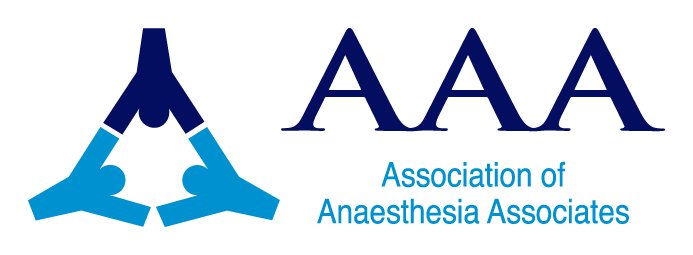COVID-19 Update
You will undoubtedly be aware of the anticipated demands on the NHS due to COVID-19, in the coming weeks and months.
Anaesthesia Associates (AAs) across the UK possess skills and knowledge that will be vital in helping the NHS cope with COVID-19 cases. We would encourage all AAs and healthcare professionals to use full personal protective equipment, that is recommended and provided, before undertaking any tasks that may expose individuals to the virus.
Please continue to check for updates on national guidance and advice for the management of COVID-19.
Excellent resources have been developed by the Royal College of Anaesthetists and public bodies to support this.
Royal College of Anaesthetists online COVID resource
AAs are not currently a regulated healthcare profession, however, healthcare regulators and chief medical officers have released a joint statement to support healthcare professionals. The principle within these statements, we feel also apply to anaesthesia associates.
https://www.aomrc.org.uk/wp-content/uploads/2020/03/0320_letter_supporting_doctors_in_COVID-19.pdf
AAs should first ensure their own personal safety when caring for patients, so as not to expose themselves to the virus, particularly during airway manipulation (see RCoA guidance).
AAs may be asked to work beyond their usual scope of practice, which will vary from hospital to hospital. The extent of this will vary hugely depending on the intensity of demand nationally and locally. AAs are not anaesthetists, but possess many of the same skills, particularly in terms of airway management and care of ventilated patients. However, AAs are not trained in intensive care medicine and do not routinely care for patients outside of the operating theatre environment.
The safety of patients remains the priority. In the setting of high demand in the NHS, there will be many patients requiring high levels of support. AAs can support this care allowing more patients to be cared for, by those with advanced airway skills and training in anaesthesia. This will be most safely carried out as part of a team including senior anaesthetists.
AAs for example may be able to support ‘intubation teams’, emergency surgery theatres or other urgent ‘elective’ work. The training and experience of individual AAs as well as specific local circumstances will determine what is the correct course of action, to benefit the most patients.
